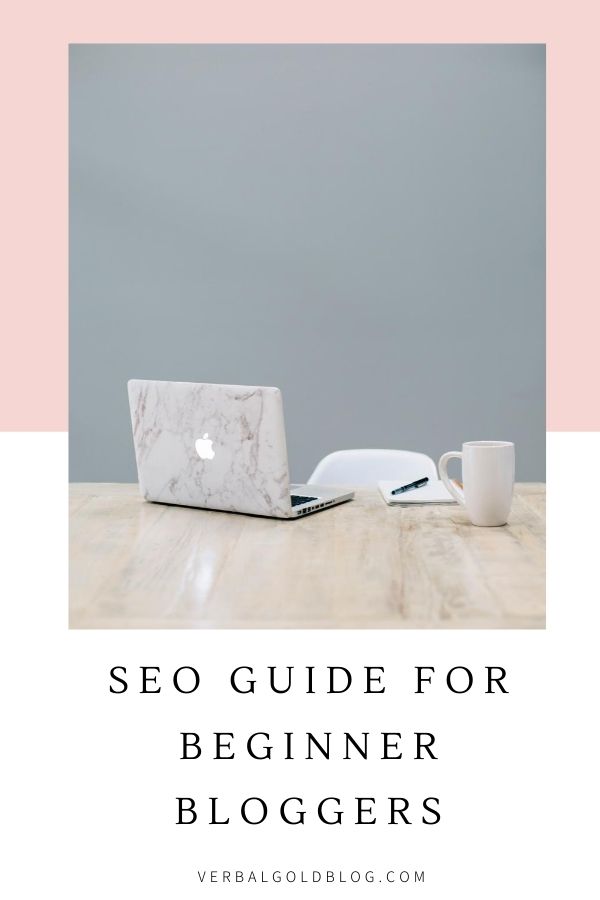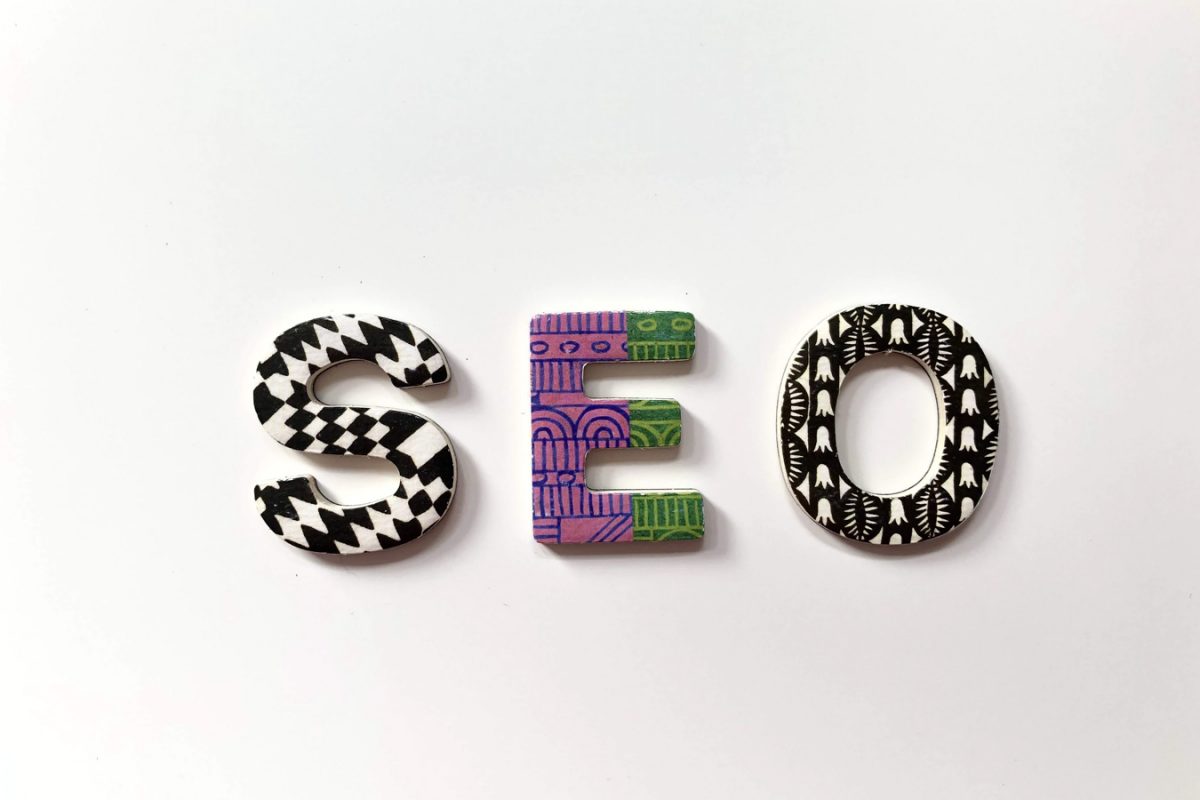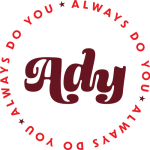
SEO for Beginner Bloggers

SEO is all about implementing a few techniques in order to drive organic (free) traffic to your blog from various search engines like Google, Yahoo, Binge, etc.
If you’ve done some basic research about how you can implement SEO correctly then, you must know that all good strategies endorse the use of On-page and Off-page techniques to have favorable outcomes, and learning how to implement SEO into your blog posts is key to make money as a blogger.
That’s because search engines today have become more advanced, so they require you to use diverse techniques on your site to optimize them according to their standards.
But, as a beginner blogger, it is difficult to get a hold of these methods. Therefore, here, in this SEO for beginner bloggers guide, I’m going to describe what are on-page and off-page SEO techniques and how can you implement them correctly.
SEO for Beginner Bloggers
Let’s begin with On-page SEO for beginner bloggers
These are the techniques that you can use directly on your webpage in order to optimize it for better ranking on search engines. Here, you have full control of things, meaning there won’t be any external factors affecting your efforts.
Here are some important techniques that you must use for on-page optimization.
1. Keywords
Using relevant keywords is the primary requirement for successful SEO. Basically, there are two types of keywords that you should use – Primary (main or focused) and secondary.
Here are few things to keep in mind when you are searching perfect keywords for your content,
- They should be easy to rank for (Less-competition but high search volumes)
- They should be relevant
- Focus on long-tail keywords – They bring a targeted audience.
2. Optimize title tags
A capturing title tag will tempt the readers to click on it and read the post but, for that, it should have a higher ranking first.
So, to optimize them make sure that they have the following characteristics:
- They must be short – written under 70 characters
- They should include your main keyword – ideally in the beginning
- They should sum up the overall idea of your content
3. Optimize meta description
This helps Google to understand your content better and ensures that your posts have better visibility.
Here’s how to do that:
- Include keywords that you’ve used in your article – Main + 2-3 long-tail keywords.
- It should clearly outline what your content is about.
- Keep it short – 135-160 characters long.
4. Optimize images
They make your content attractive and interesting. It’s necessary to optimize them as well.
- Add relevant keywords in their Alt text.
- Reduce their size – this ensures better loading speed.
- Change their name according to what they depict.

5. Maintain content quality
When it comes to blogging, content is the king.
Here’s how you can develop quality content:
- Craft long-form content – Above 2000 words, this ensures better visibility because they’ll naturally have more keywords.
- Make sure that you don’t add any fluff to increase length. This really annoys the readers and increases your bounce rate.
- Address only a few issues per post – Try to provide innovative solutions by going in extreme depth.
- Use a conversational tone.
6. Add links
There are two types of links you must add for on-page SEO optimization – Internal and Outbound.
Internal links reduce your bounce rates and increase visibility by assisting the search engine bots to better understand the context of the destination page. Add 2-4 internal links to each post.
Outbound links also enhance your SEO and improve your chances of getting a backlink in some cases. Add 2-4 relevant external links per 1000 1100 words.
7. Optimize URLs
They describe the content of a particular page on your site to search engines. So, it’s necessary to optimize them too.
- Make sure they’re readable and include your main keyword in them.
- Say no to capitals and use only hyphens to split up words.
- Organize perfectly – https://myblog.com/focused-keyword
8. Page speed and security
Google has clearly mentioned that it considers page speed as a ranking factor. Plus, if your site takes too much time to load then, it’ll annoy the visitors and they will leave your site without a second thought – This increases your bounce rates.
Moreover, enable SSL (Secure Socket Layers) because this is really important for ranking and to improve the trustworthiness of your website.

Now, let’s look at Off-page SEO for beginner bloggers
1. Backlinks
This is the most important Off-page SEO factor that has a huge impact on your search engine rankings. You must accumulate backlinks only from trusted websites in your niche because opting for black-hat techniques and buying backlinks will actually harm your visibility.
Here’s how you can source backlinks easily:
Regularly promote your content everywhere (Facebook, Pinterest, Twitter, Email, etc)
- Roundup posts and guest posts
- Do your own small research in your niche
- Develop infographics.
2. Domain authority (DA)
It’s a number given to your site by search engines in order to depict its authority (measured on a scale of 1-100). Higher DA escalates the chances of a website to rank higher for a specific keyword.
In the beginning, your DA will be less (1-8) and it will increase gradually only if you follow proper SEO practices. Besides DA is also affected by many other factors such as number of backlinks, number of 404 (error pages), history of a domain, and the time-frame of ownership.
3. Social signals (Social media promotions and interactions)
Social signals don’t affect your ranking directly but, it can bring quality traffic to your blog which, over a period of time helps in enhancing the SEO.
I hope that this was a helpful SEO for beginner bloggers guide! Do let me know your views and ideas related to the same in the comments.




